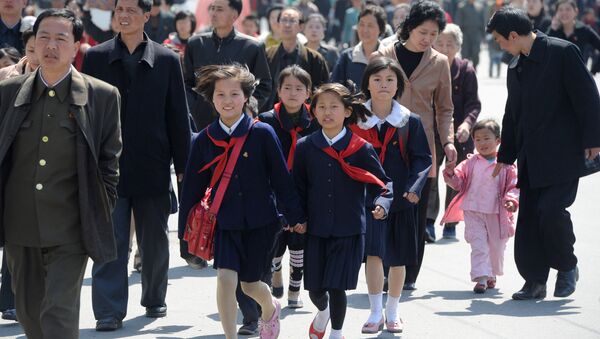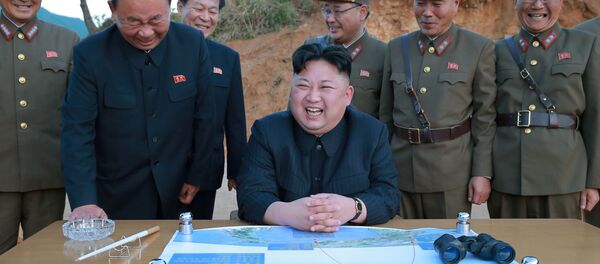The new sanctions on the Democratic People's Republic of North Korea (DPRK) are intended to cut 33 percent of Pyongyang's $3 billion annual export budget.
The US-led bill, a response to Pyongyang's two ballistic missile tests in July, prevents DPRK commodities exports of coal, iron, lead and other materials, including seafood. The new sanctions bill also also prevents adding to the current number of North Korean laborers working abroad, as well as banning new bilateral business ventures — and new investment schemes — with Pyongyang.
The UNSC resolution, adopted unanimously, now includes nine North Koreans — as well as four business entities — to the sanction blacklist, cited by Reuters, including the primary foreign exchange bank in the DPRK; making them subject to a global asset freeze and ban on travel.
— Nikki Haley (@nikkihaley) August 5, 2017
Following the UNSC announcement the Chinese UN ambassador urged the DPRK to stop testing new nuclear weapons and cease launching increasingly powerful missiles, as the moves continue to escalate tension in the region and around the globe.
In asking for calm, Russia has called on the increasingly isolated nation to end its nuclear and missile programs, and has entreated Pyongyang to return to the negotiating table and its participation in the world's non-nuclear-proliferation protocols, according to an unnamed Russian envoy in the region, who added that the US-led sanctions must not be used against Pyongyang to 'choke the life" out of the country.



